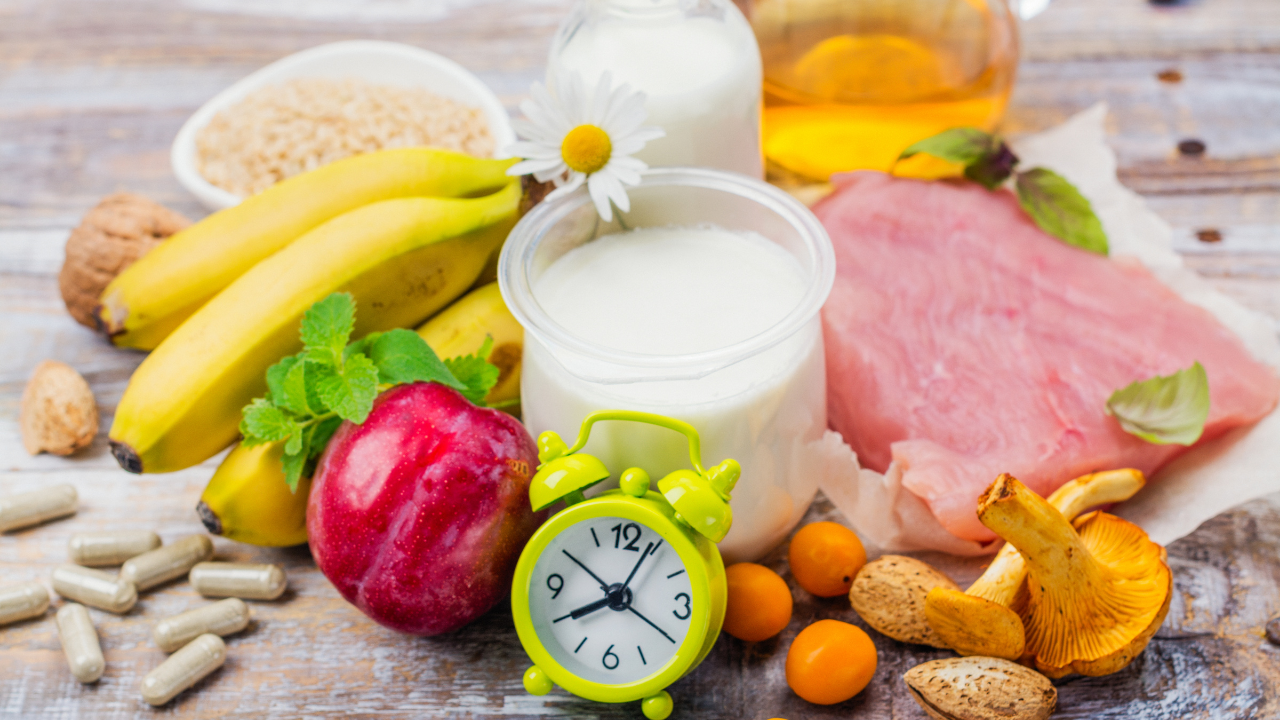How Melatonin Can Help with Sleep and Anxiety
Apr 07, 2021
Melatonin is a hormone primarily released by the pineal gland. It regulates the sleep-wake cycle, improving sleep quality, regulating circadian rhythm, and easing negative feelings associated with anxiousness. It is primarily released by the pineal gland. Melatonin is also a potent antioxidant and free radical scavenger.1
As a supplement, melatonin is often used for the short-term treatment of trouble sleeping, such as from jet lag or shift work. It is known for helping people feel calm at bedtime, so they get better sleep. The National Sleep Foundation recommends a dosage of between 0.2 and 5 milligrams for adults each day, which is best to take one hour before going to bed.2
Melatonin has been in many human trials and studies, and some researchers say it is appropriate to offer instead of benzodiazepines, which are a type of medication known as tranquilizers (familiar names include Valium and Xanax). Melatonin was proved equally as effective as the standard treatment with midazolam (sedative) in reducing preoperative anxiety in adults! 3

Naturally occurring melatonin has been reported in fruits and vegetables, including tart cherries, corn, asparagus, bananas, tomatoes, pomegranate, olives, broccoli, cucumbers, grapes, and plums; grains such as rice, barley, and oats; walnuts and peanuts; sunflower seeds, mustard seeds, and flaxseed; as well as in herbs, olive oil, wine, and beer. When we consume foods rich in melatonin, such as banana, pineapple, and orange, our blood levels of melatonin increase significantly.
For a while in the early 2000s, melatonin-infused beverages and snacks were being sold in grocery stores, convenience stores, and even clubs!4 However, the Food and Drug Administration cracked down on many of the makers; although melatonin was a legal supplement, it was not approved as a food additive.5 Today, you can take melatonin supplements, liquid melatonin, or a spray under your tongue.
Caution: Taking too much melatonin is said to lead to grogginess the next day. It can also make some drugs less effective, including high blood pressure medications and, potentially, birth control pills.6
Resources:
1. D.X. Tan, et al., “Melatonin: A Potent, Endogenous Hydroxyl Radical Scavenger,” Endocrine Journal, vol. 1 (1993), pp. 57–60.
2. “Melatonin and Sleep,” National Sleep Foundation (accessed April 29, 2020), https://www.sleepfoundation.
3. M.V. Hansen, et al., “Melatonin for Pre‐ and Postoperative Anxiety in Adults,” Cochrane Database of Systematic Reviews, vol. 4 (April 2015), doi: 10.1002/14651858.CD009861.
4. Catherine Saint Louis, “Dessert, Laid-Back and Legal,” New York Times, May 14, 2011, https://www.nytimes.com/2011/
5. Sree Roy, “Despite FDA Warning Letters, Melatonin-laced Food and Beverage Market Grows,” Sleep Review, Aug 25, 2014, https://www.sleepreviewmag.
6. “As Melatonin Use Rises, So Do Safety Concerns,” WebMD (November 12, 2018), https://www.webmd.com/sleep-


